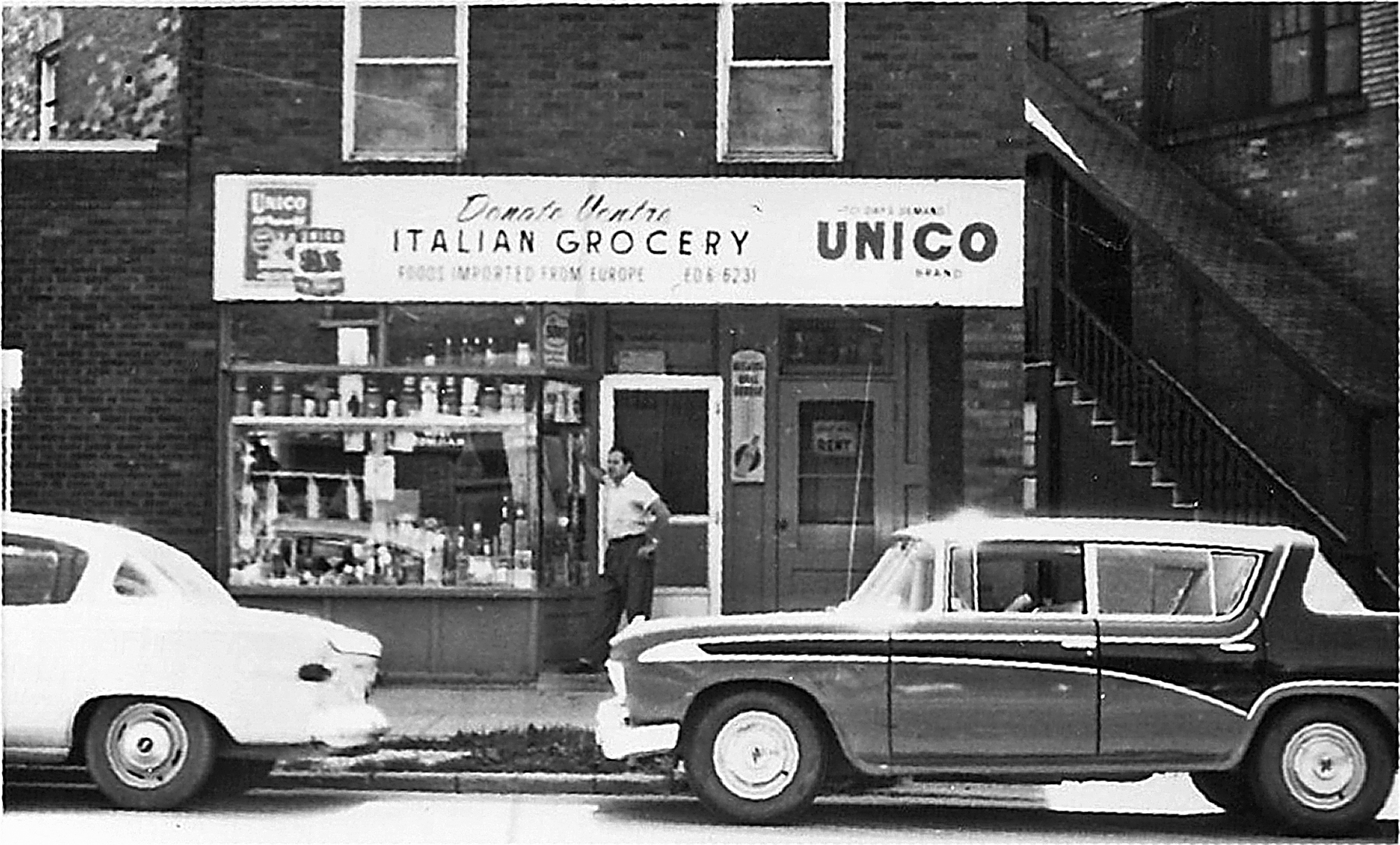Phil Egan
“The people’s righteous anger has been aroused,” the judge said testily, “And the thing for you fellows is to keep yourselves quiet.”
With those words, Sarnia Magistrate C.S. Woodrow glowered down at the defendant, Pasquale Cosco.
It was June 19, 1940. Just nine days earlier, Canada had declared war on Italy, which had allied itself with Germany. In Sarnia, as elsewhere in Canada, anti-Italian sentiment was running high.
The federal government, Under the War Measures Act invoked at the outbreak of the Second World War, had designated Italian nationals and Italian-Canadians naturalized after 1922 to be enemy aliens.
Life became more difficult for all Italian-Canadians living in Sarnia.
Some lost their jobs. Others were physically attacked or subjected to racist epithets. Italian stores were boycotted or had their windows smashed.
With habeas corpus suspended, some 600 Italians were rounded across Canada up and placed in internment camps.
Pasquale Cosco was a caretaker at a building on Lochiel Street. He’d been arrested by Sarnia Police a week earlier on suspicion of being a member of the outlawed Fascist Party. Fascist societies were illegal under the Defence of Canada Regulations of the War Measures Act.
The depth of anti-Italian sentiment can be read in the fact Cosco had already languished in police custody for a full week, and in the comments made by Crown Attorney H.M. Taylor to the judge.
“We are of the opinion that he is a member of that society,” Taylor told Magistrate Woodrow, “but we have not been able to produce the evidence to prove it.”
Cosco’s lawyer J.G. Logan, told the court the police were wrong.
“Cosco says he is not a Fascist. He is an Italian naturalized in Canada and a loyal citizen.”
“If he is not,” Logan acknowledged, “he will have to be punished.”
The defendant began to loudly assert his loyalty to Canada but the judge cut him short.
“I hope that your statement to your counsel is correct,” Magistrate Woodrow said. “Don’t start to argue with me or I might change my mind about this matter (releasing Cosco).
The judge seemed reluctant to free the man, but he appeared to have little choice.
“I want to warn you and others like you that these are troublesome times, and that you must behave.”
For loyal Italians living in Sarnia during the war years it was definitely a difficult time.


